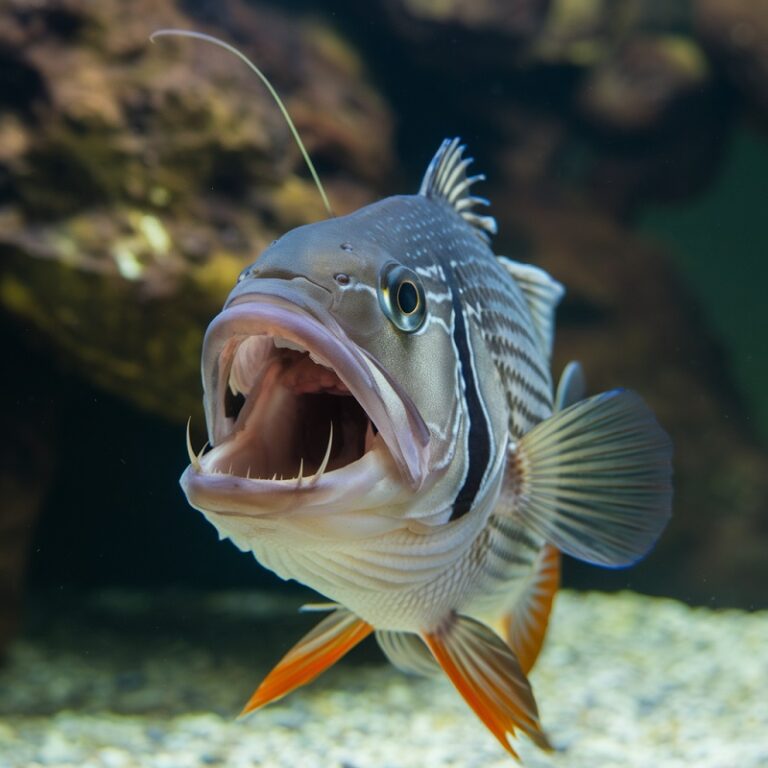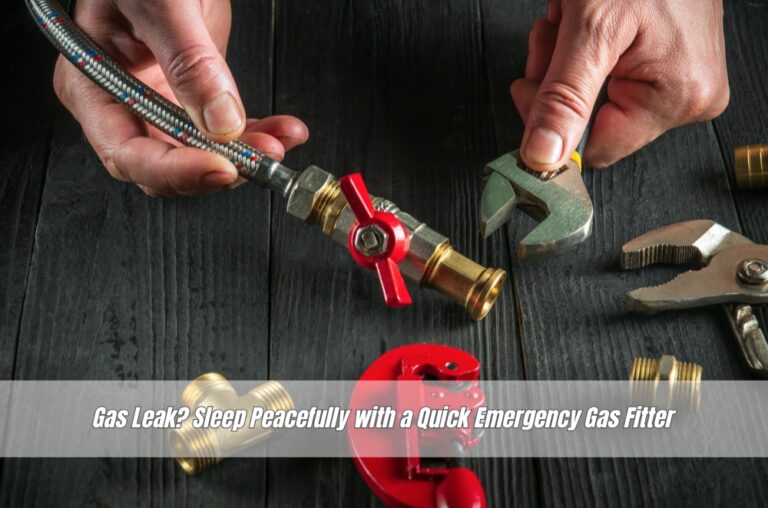There is nothing like a shower after a long day, especially in Sydney’s hot summers. However, what if that revitalising shower transforms into a seething shock or, even worse, a frigid and annoying letdown? Hot water systems can sometimes throw a spanner in the works, and many homeowners have more problems than they realise when it comes to their hot water needs — and what it costs to get resolved can range dramatically from a minor inconvenience to a significant risk. Read on for details about why urgent hot water services should be a priority in your household — for comfort, convenience, family health, and property protection. This article will discuss common problems in a faulty hot water system, maintenance tips to keep your system in tip-top shape, what you need to do in the event of an emergency, and factors you need to consider that can make it necessary to call an emergency plumber.
How to avoid hot water dangers
Hot water systems are essential to modern living but can be dangerous if not installed and maintained correctly. The potential dangers are real, from scalding burns to damage to the structure due to leaks. The best defence against plumbing hazards is a proactive plumbing safety plan. This entails regular inspections, timely repairs, and knowing the signs of a possible issue. Here are some essential preventative measures to consider:
- Take temperature checks: Check your hot water at the tap regularly. To avoid scalding, it should ideally never be above 60°C.
- Check the pressure relief valve: The pressure relief valve should be functional. This is a pressure release valve, which prevents explosions by venting excess pressure. A licenced plumber can test its operation.
- Look for leaks, however small. Leaking taps and toilets can cause water damage and even mould.
- Ventilation: To avoid carbon monoxide poisoning, proper ventilation is essential for gas hot water systems. Make sure vents are clean and unblocked.
- Electrical safety: Check if all the electric connections are tight and adequately earthed.
Understanding the risks: hot water burns and leaks
The two most common hazards associated with hot water are burns and leaks. Knowing the specific risks of each can help you gauge how to take reasonable precautions.
- Hot water burns: Scalding from hot water is a real danger, particularly for young and older people. Even short contact with very hot water can result in severe burns. Maintaining a safe water temperature is crucial.
- Leaks: Numerous reasons can cause leaks, including corroded pipes, defective valves, or damaged tanks. If not addressed promptly, leaks can cause extensive water damage, the growth of mildew, and even structural issues. Hidden leaks are hazardous, as they can be present long without detection.
Ensuring the protection of your system
Regular checking is vital for the safety and longevity of hot water systems. It is also less likely that a system will develop issues that could lead to safety concerns. Here are a few must-know maintenance tips:
- Yearly inspections: Set up an annual inspection with a professional plumber. They can detect potential issues early and verify that your system works safely and efficiently.
- Tank system—Check anode rod: An anode rod helps prevent corrosion in storage tank systems. It needs to be inspected often and replaced when necessary.
- Tank flushing: Regularly flushing the tank can remove sediment and mineral deposits that can hinder efficiency and cause damage.
- Insulation: Insulate your hot water tank and pipes to minimise heat loss, maximise energy savings, and slow water cooling.
- Avoids leaks: Regularly checks the system for signs of leaks. Are there any visible water leaks around the pipes, valves, or tank?
Emergency preparedness: hot water system failure
Hot water systems sometimes break down, even if regularly maintained. Emergencies are unpredictable, but being prepared for them can help mitigate the inconvenience and safety hazards that may follow.
- Know your system: Learn about your specific hot water system and its components. This knowledge will help you diagnose potential problems and talk knowledgeablely to a plumber.
- Emergency contact—Also, have the contact details of a licenced plumber on hand in case of an emergency.
- Emergency procedures: Know how to turn off your hot water system in case of a leak or other emergency.
- Basic first aid: In case of an accident, be aware of basic first aid for burns.
Professional intervention: when to call a plumber
You can do some maintenance independently, but you should also know when to call a plumber. Some issues are too complex to fix on your own without the training or experience to do so safely, which could even make the problem worse. Here are some instances that require professional intervention:
- Gas leaks — If you suspect a gas leak, immediately evacuate and contact a gas filter. Do not attempt to find or fix the leak yourself.
- Electrical problems: Any electrical issues should be addressed by a licenced electrician. Never try to fix any electrical parts by yourself.
- Major leaks: These are significant leaks that cannot be easily repaired and require a plumber.
- System failure: If your hot water system is not functioning, either you are out of hot water, or it is faulty. Call a plumber to diagnose and repair the issue. This is essential for hot water installation.
- Annual service — As mentioned above, a qualified plumber must provide yearly service.
Conclusion: Safe & efficient hot water plumbing
When left unchecked, a hot water system can result in dangerous malfunctions that are preventable with simple maintenance. By recognising the possible dangers, taking preventative steps, and knowing when to contact an expert, you can protect your family and extend the life of your system. Never ignore the need for routine upkeep and professional assessments. With some maintenance, hot water emergencies can be a thing of the past, and you’ll be well on your way to a comfortable, safe home.




